Home>Interior Design>How To Use Your Towels Correctly: Experts Warn Against Some Common Mistakes
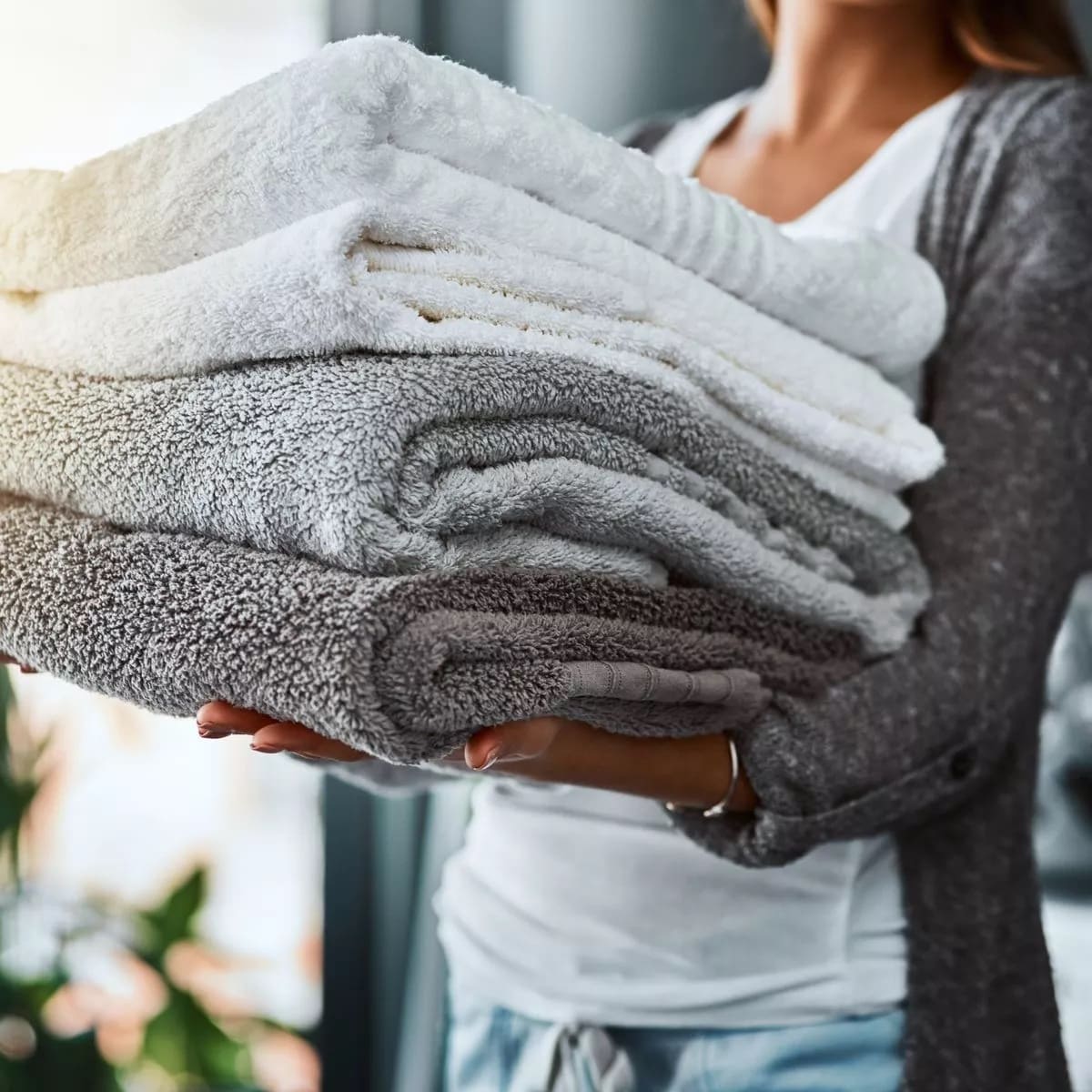

Interior Design
How To Use Your Towels Correctly: Experts Warn Against Some Common Mistakes
Modified: February 22, 2024
Learn how to use your towels correctly with these expert tips. Avoid common mistakes and enhance your interior design.
(Many of the links in this article redirect to a specific reviewed product. Your purchase of these products through affiliate links helps to generate commission for Storables.com, at no extra cost. Learn more)
Introduction
Using towels is a daily necessity in our lives, whether it’s after a refreshing shower or for drying our hands in the kitchen. However, many people underestimate the importance of using towels correctly. Improper care can lead to unpleasant odors, decreased absorbency, and even the growth of bacteria. To help you make the most of your towels and keep them in pristine condition, we’ve compiled a list of common mistakes to avoid. By following these expert tips, you can ensure that your towels remain soft, fluffy, and hygienic for a long time. Let’s dive in and learn how to use your towels correctly.
Key Takeaways:
- Rotate your towels regularly to prevent bacterial growth and maintain their absorbency. Wash with the right amount of detergent and avoid overloading the machine for cleaner, fresher-smelling towels.
- Hang towels to dry immediately after use, and avoid humid environments to prevent musty odors and maintain softness. Use towels for their intended purposes and follow care instructions for long-lasting quality.
Mistake 1: Using the Same Towel for Too Long
One of the most common mistakes people make is using the same towel for an extended period of time. While it may seem convenient to keep using the same towel day after day, it can actually have negative consequences for your hygiene and the longevity of the towel.
Over time, towels absorb moisture from our bodies and can become a breeding ground for bacteria and mildew. This can lead to unpleasant odors and potentially harm our skin. Additionally, using the same towel for an extended period of time can cause the fabric to break down and lose its absorbency.
To avoid this mistake, it’s important to establish a regular towel rotation. Ideally, you should aim to change your bath towels every three to four uses. Hand towels and kitchen towels may need to be changed more frequently, as they are often used for drying hands that may have come into contact with dirt or food.
By rotating your towels regularly, you give each towel a chance to fully dry out between uses, reducing the risk of bacterial growth. You’ll also extend the lifespan of your towels, ensuring that they remain soft and absorbent for longer.
Remember to wash your towels regularly to keep them clean and fresh.
Mistake 2: Overloading the Washing Machine
When it comes to washing your towels, it’s important to remember that less is more. Overloading the washing machine with too many towels can lead to inadequate cleaning and poor rinsing, resulting in musty odors and a lack of freshness.
By stuffing your machine full of towels, you restrict the flow of water and detergent through the fibers, preventing them from getting properly cleaned. This can also cause an imbalance in the machine, leading to ineffective spinning and incomplete drying.
To avoid this mistake, make sure to leave enough space in your washing machine for the towels to move around freely. A good rule of thumb is to fill the machine to about 80% of its capacity. This will ensure that the towels have enough room to agitate and get thoroughly cleaned.
It is recommended to wash towels on a warm water setting, as hot water may cause them to shrink and lose color. Use a mild detergent specifically formulated for towels and avoid using bleach unless necessary. Bleach can weaken the fibers and potentially damage the appearance of your towels.
After the wash cycle is complete, give your towels an extra rinse to remove any leftover detergent or residue. This will help keep them soft and prevent any irritation to your skin.
Remember, giving your towels enough space in the washing machine will result in cleaner, fresher-smelling towels that maintain their absorbency and softness over time.
Mistake 3: Using Too Much Detergent or Fabric Softener
It’s easy to fall into the trap of thinking that using extra detergent or fabric softener will make your towels cleaner and softer. However, using too much of these products can actually have the opposite effect and cause damage to your towels.
Using an excessive amount of detergent can leave residue on your towels, making them less absorbent and leaving behind a soapy feeling. This residue may also attract dirt and grime more easily, resulting in a dull and dingy appearance.
Similarly, overusing fabric softener can coat the fibers of your towels, reducing their absorbency. This can make it harder for the towels to effectively soak up water, leaving you less dry after use.
To avoid this mistake, follow the recommended dosage instructions on the detergent and fabric softener packaging. Most modern detergents are highly concentrated, so a little goes a long way. Using the right amount of detergent will ensure that your towels are thoroughly cleaned without leaving any residue.
When it comes to fabric softener, consider reducing the amount you use or eliminating it altogether. Towels are designed to be absorbent, and using fabric softener can hinder this quality. If you still want to add a touch of softness to your towels, try using a natural alternative like vinegar or dryer balls made of wool.
By using the appropriate amount of detergent and limiting the use of fabric softener, you can maintain the quality and absorbency of your towels for the long haul. Your towels will feel fresh, clean, and soft without any unwanted residue.
Mistake 4: Not Drying Towels Properly
Properly drying your towels is just as crucial as washing them correctly. Failing to dry towels properly can lead to a range of issues, including musty odors, mold growth, and decreased softness.
One common mistake is leaving damp towels sitting in a heap after use. When towels are left wet or damp for too long, it creates the ideal environment for bacteria and mold to thrive. This can result in an unpleasant smell and potentially harm your health.
To avoid this mistake, it is essential to hang your towels to dry immediately after use. Make sure to spread them out fully to allow for proper air circulation. If you notice a musty odor, it may indicate that your towels are not drying adequately, so you may need to adjust your drying method.
When it comes to machine drying, be sure to avoid using high heat. Excessive heat can damage the fibers of the towels and cause them to lose their softness and absorbency. Instead, opt for a medium or low heat setting, and remove the towels from the dryer as soon as they are dry to prevent over-drying.
If you have the option, using a clothesline or drying rack outdoors is a great alternative. Fresh air and sunlight can help naturally eliminate odors and provide additional sanitization for your towels.
It’s important to note that if you live in a humid climate or your bathroom lacks proper ventilation, hanging towels in the bathroom may not be ideal. In such cases, consider using a dehumidifier or hanging your towels in a well-ventilated area to ensure they dry thoroughly.
By ensuring that your towels are fully dry before storing or using them again, you can prevent musty odors, maintain their softness, and promote a clean and hygienic environment for your towels.
After showering, gently pat your skin with a towel instead of rubbing vigorously to avoid irritation and damage to the skin. This will help to keep your skin healthy and smooth.
Mistake 5: Hanging Towels in a Humid Bathroom
A common mistake many people make is hanging towels in a humid bathroom. While it may seem convenient to keep your towels within arm’s reach, the humid environment of the bathroom can have negative effects on the longevity and freshness of your towels.
Humidity in the bathroom can slow down the drying process of towels. When towels are unable to dry quickly, it creates a breeding ground for bacteria, mildew, and unpleasant odors. Additionally, the excess moisture can cause the towels to become stiff, lose their softness, and develop a sour smell.
To avoid this mistake, consider alternative locations for drying your towels. If you have a well-ventilated laundry room or an outdoor space, such as a balcony or patio, these areas can be excellent for drying towels. Utilizing a clothesline or drying rack in a well-ventilated area will allow the towels to dry faster and keep them fresh.
If you don’t have access to outdoor or well-ventilated spaces, you can still hang your towels in the bathroom, but with a few adjustments. Ensure towels are spread out fully to maximize air circulation. You can also open windows or use exhaust fans to reduce humidity. Additionally, consider using a towel bar with multiple hooks or individual towel hooks to provide more space between towels for better airflow.
To combat the effects of humidity, it’s essential to wash and replace your towels regularly. This will prevent the buildup of bacteria and mold, keeping your towels fresh and hygienic. If you notice a lingering musty smell, it may be a sign that it’s time to replace your towels.
By avoiding the mistake of hanging towels in a humid bathroom, you can maintain the cleanliness, softness, and freshness of your towels for a longer period. Creating an environment that supports quick drying and proper airflow will ensure that your towels are always ready for use.
Mistake 6: Using Towels for Unintended Purposes
Towels are designed for specific purposes, such as drying off after a shower or washing dishes in the kitchen. However, one common mistake many people make is using towels for unintended purposes. While it may seem convenient to grab a towel for various tasks around the house, doing so can lead to faster wear and tear and decreased effectiveness.
Using bath towels for cleaning or wiping surfaces can transfer dirt, grime, and cleaning chemicals onto the fabric. This can result in stains, unpleasant odors, and reduced absorbency. Similarly, using kitchen towels to clean up spills or as a makeshift oven mitt can lead to cross-contamination and potentially harmful bacteria on your towels.
To avoid this mistake, it’s important to designate separate towels for different purposes. Invest in a set of cleaning towels or microfiber cloths for household cleaning tasks. These towels are designed to be more durable and effective for cleaning surfaces without compromising their quality.
In the kitchen, have dedicated towels for drying dishes and hands. Opt for towels made of absorbent and quick-drying materials like cotton or linen. These towels are designed to efficiently soak up water and maintain their effectiveness even with repeated use.
Using separate towels for their intended purposes not only extends their lifespan but also promotes good hygiene. It reduces the risk of cross-contamination, ensuring that the towels used in the bathroom and kitchen remain clean and hygienic.
Additionally, avoid using towels as a protective barrier for hot items. While it may seem tempting to grab a towel to handle a hot pan or dish, towels are not designed to withstand high heat. This can result in burns or damage to the fabric. Invest in proper oven mitts or silicone grips to protect your hands and keep your towels in good condition.
By using towels for their intended purposes and avoiding using them for unintended tasks, you can prolong their lifespan, maintain their effectiveness, and ensure good hygiene throughout your home.
Mistake 7: Ignoring Towel Care Instructions
One of the most overlooked mistakes when it comes to using towels is ignoring the care instructions provided by the manufacturer. Each towel is designed with specific materials and requires specific care to maintain their quality and longevity. Ignoring these instructions can lead to damage, decreased softness, and a shorter lifespan for your towels.
It’s essential to pay attention to the care labels on your towels, which usually provide instructions for washing, drying, and any additional care requirements. These instructions can vary depending on the type of fabric, weave, and embellishments on the towel.
One common mistake is using harsh detergents or bleach on towels that have specific care instructions for gentle washing. Harsh chemicals can weaken the fibers of the towel and lead to pilling, fraying, or loss of color. Additionally, using high heat in the dryer when the towels recommend low heat can result in shrinkage or damage to the fabric.
To avoid this mistake, always take a moment to read and follow the care instructions provided by the manufacturer. These instructions will guide you on the appropriate water temperature, detergent usage, and drying methods specific to your towels.
For example, some towels may require a gentle cycle or cold water wash, while others may be machine washable on a regular cycle. Some towels may recommend air drying, while others can be tumble dried on low heat. Following these instructions will ensure that your towels maintain their softness, absorbency, and overall quality for a longer period.
If the care instructions recommend specific steps like pre-soaking, using fabric softener, or avoiding certain cleaning agents, it’s important to adhere to these guidelines. These instructions are provided to optimize the performance and appearance of your towels.
By paying attention to and following the care instructions, you can prolong the life of your towels, keeping them in excellent condition for years to come. Proper care ensures that your towels remain soft, absorbent, and visually appealing, enhancing your overall experience of using them.
Conclusion
Using towels correctly is essential for maintaining their quality, effectiveness, and hygiene. By avoiding common mistakes and implementing proper care practices, you can ensure that your towels remain soft, absorbent, and fresh for a long time.
Avoid using the same towel for too long and establish a regular towel rotation to prevent bacterial growth and preserve the towel’s absorbency. Be mindful of not overloading the washing machine, as this can hinder proper cleaning and rinsing. Using the right amount of detergent and limiting fabric softener will help keep your towels clean without compromising their absorbency.
Properly drying your towels is vital to prevent musty odors and mold growth. Hang your towels to dry immediately after use and provide adequate air circulation. Avoid hanging towels in a humid bathroom and consider alternative drying spaces for faster drying.
Using towels for their intended purposes and avoiding using them for unintended tasks will prevent damage and maintain hygiene. Follow the care instructions provided by the manufacturer to ensure that you are washing, drying, and caring for your towels correctly.
In conclusion, by using your towels correctly and implementing proper care practices, you can extend their lifespan, maintain their performance, and enhance your overall experience of using them. Enjoy the luxurious feeling of soft, absorbent towels while providing a clean and hygienic environment for yourself and your family.
Frequently Asked Questions about How To Use Your Towels Correctly: Experts Warn Against Some Common Mistakes
Was this page helpful?
At Storables.com, we guarantee accurate and reliable information. Our content, validated by Expert Board Contributors, is crafted following stringent Editorial Policies. We're committed to providing you with well-researched, expert-backed insights for all your informational needs.



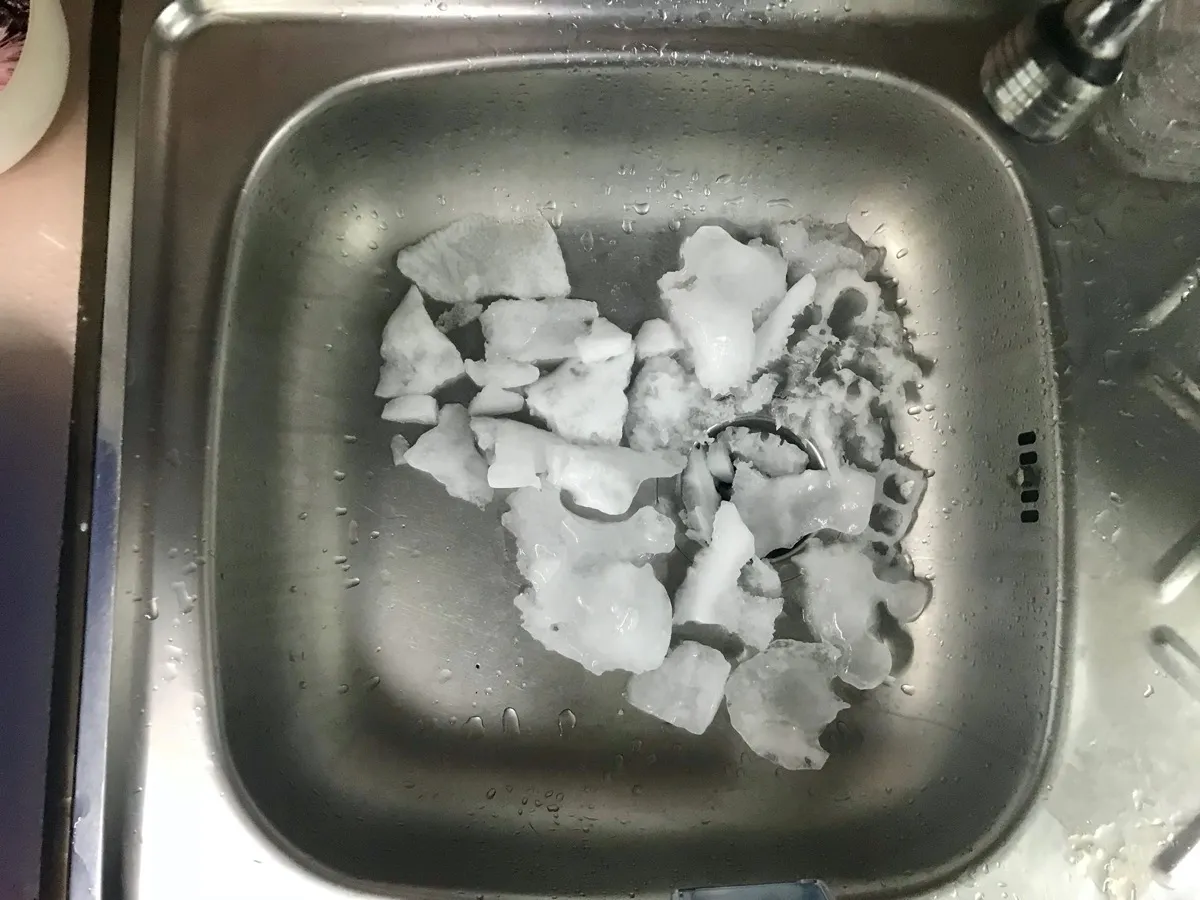
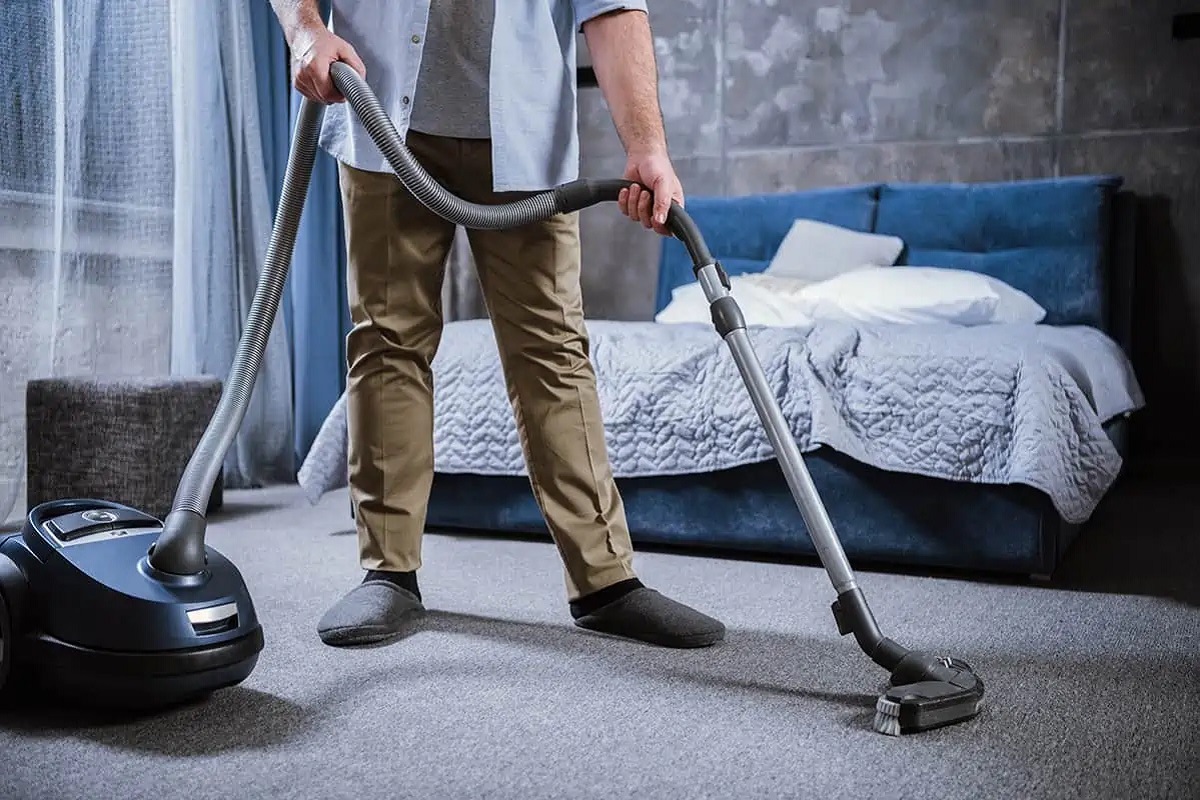

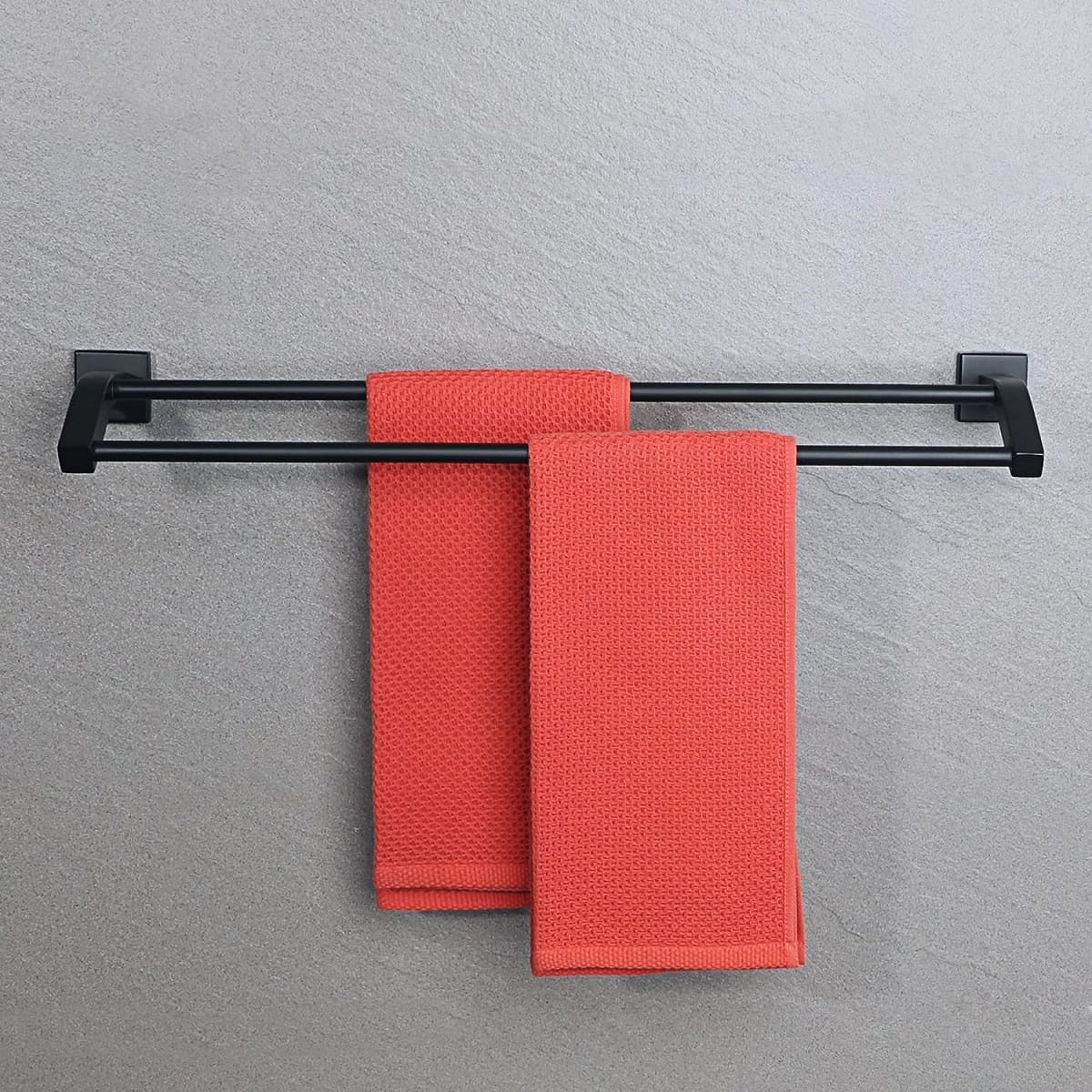
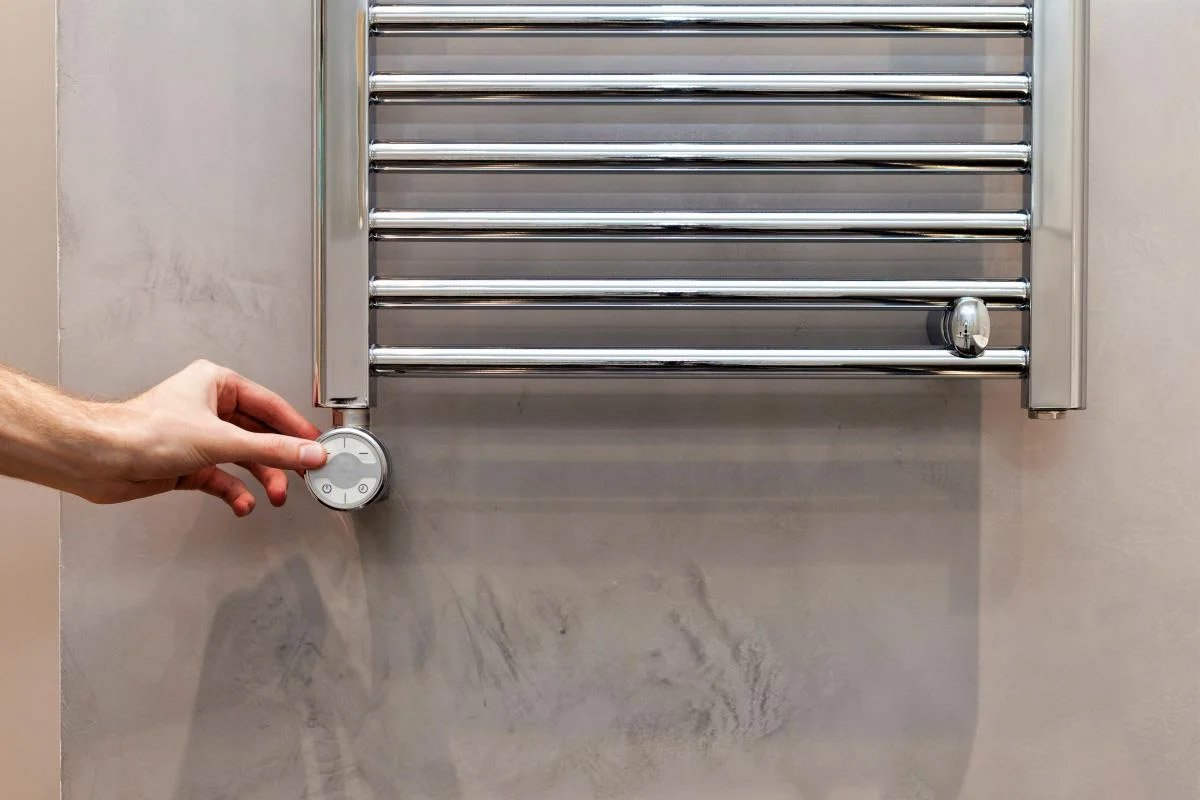

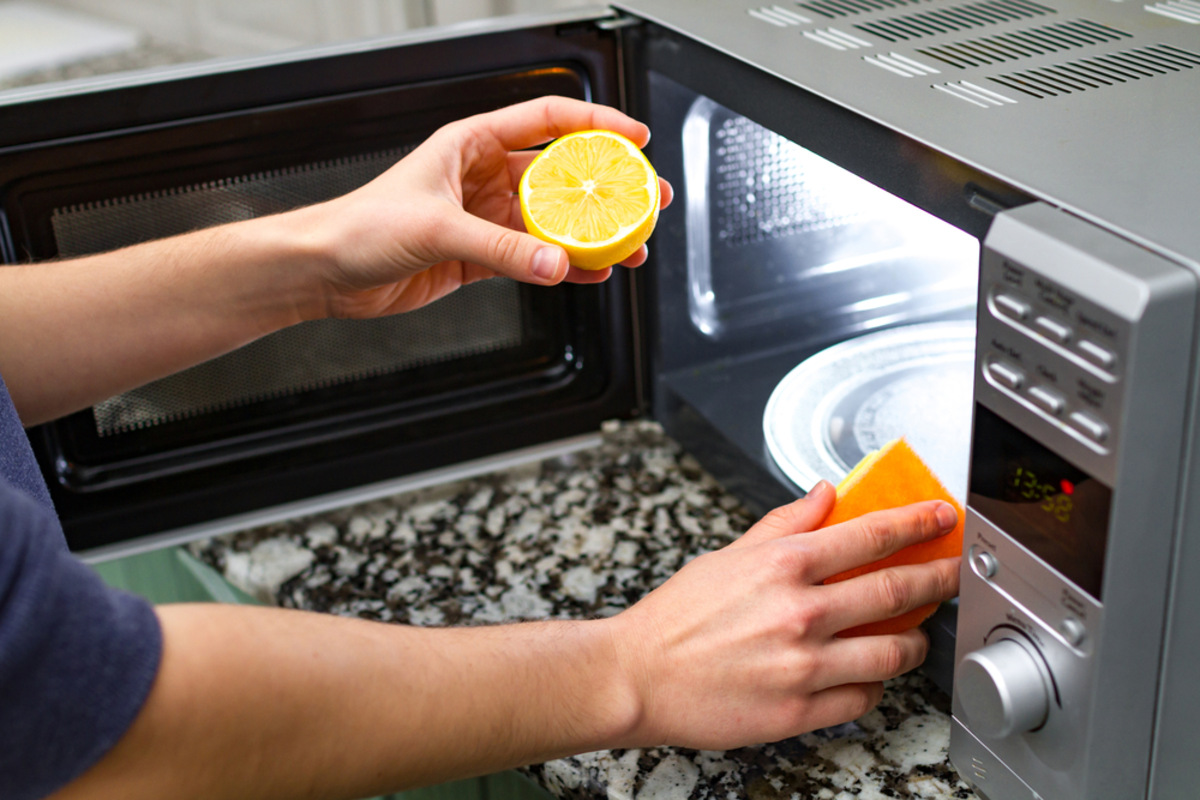


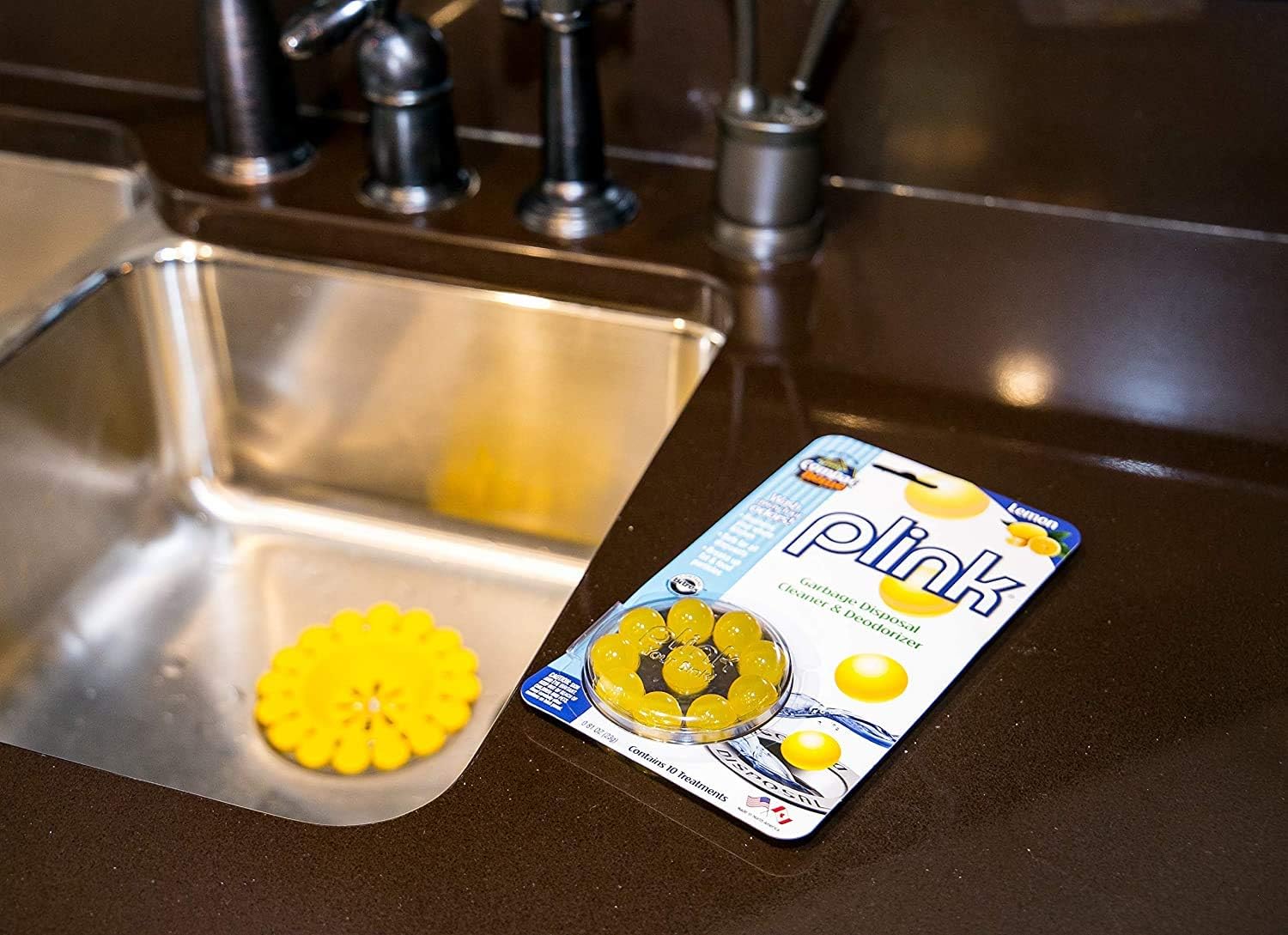


0 thoughts on “How To Use Your Towels Correctly: Experts Warn Against Some Common Mistakes”